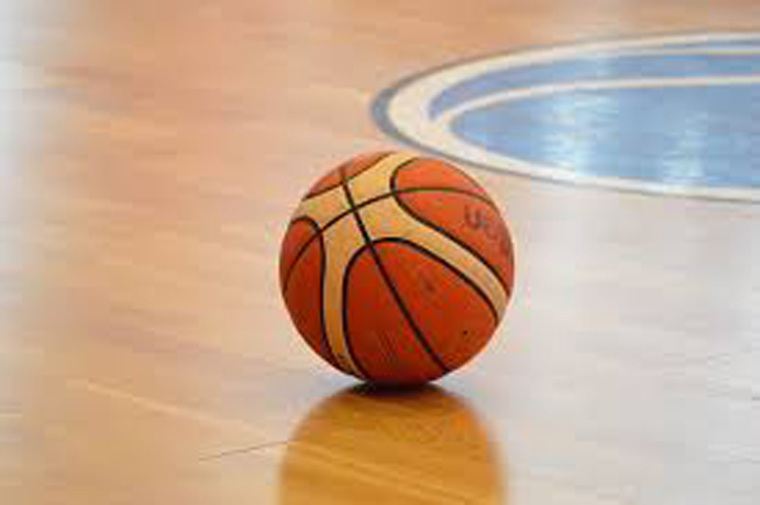
Champion athletes, such as basket-baller Michael Jordan, are famous for their ability to achieve under pressure. Most athletes can focus on executing their skills in training. However, it is only the best, like Jordan, that have developed their ability to focus under pressure.
Jordan has renowned for his ability to concentrate under big game pressure. He was able to shoot with the same accuracy regardless of the game situation. The question is, “what is this key skill and how can it be developed?”
In the sport psychology world, the term is called Attentional Focus or Concentration. The ability to concentrate on a specific skill without distraction is the Holy Grail for athletes. However, we need to break the skill down to understand its parts. While the research is convoluted, a useful way to describe it is as follows.
Internal and external
Controlling your thoughts is an example of an internal focus. When, in this season’s AFL Grand Final, Geelong started thinking they may not be able to win the game in the fourth quarter, this is an example of an internal focus. Their concentration is on their cognitions/inner thoughts. When that same Geelong player is looking at the field, scanning the movement of the ball and players, that is external focus.
Broad and narrow.
When a cricketer is batting and is watching the bowlers hand to predict the next ball, that is a narrow (external) focus. It is a very narrow focus on one specific area of the game. When a cyclist is scanning the intersection for cars and pedestrians that is a broad (external) focus. It is a wide sweep of concentration.
The secret
The secret to this skill is to be able to switch from one area to another seamlessly. The cyclist scanning the intersection might need to narrow her focus in an instant as she sees the stray dog coming across her path. Changing your thoughts from analyzing how your body is feeling (broad internal) to focusing on relaxing your breathing (narrow internal) is another example of switching focus. This is the skill that top athletes do so well.
Tips from the top
Top athletes achieve this by focusing on the task at hand. They focus on the task they need to do now. They are not distracted by thinking about the outcome, such as winning or losing, but move their concentration to the specific skills.
When Jordan has the ball with only seconds to go in the game he doesn’t let his mind drift to the shot-clock or the crowd or his thoughts about winning however he switches his focusing to the correct shooting technique. By concentrating on the task at hand great athletes remove distractions and get the job done.
Skills for life
The great thing about sporting skills is that they can often have a direct transition into other areas of life. For example, I knew an elite age-group triathlete that despite huge work stresses and constant family pressures was always able to block out those events and focus on his training and races.
A sport psychology colleague worked with ADF soldiers attempting the SAS’s selection process. He worked on their ability to ignore the internal doubt and pain to focus on the specific task they are doing. Or the sport psychologist who worked with a group of graduate medical doctors preparing for their specialty examinations helping them to control their anxiety and concentrate on the task at hand.
Remember, it is a skill and needs practice. It requires an understanding of its parts and an awareness of what you should be doing right now. Regardless of your athletic ability try some of these tips to help your day-to-day focus.

Jeremy Dover is a former sports scientist and Pastor
Jeremy Dover's previous articles may be viewed at https://www.pressserviceinternational.org/jeremy-dover1.html
And https://www.pressserviceinternational.org/jeremy-dover.html